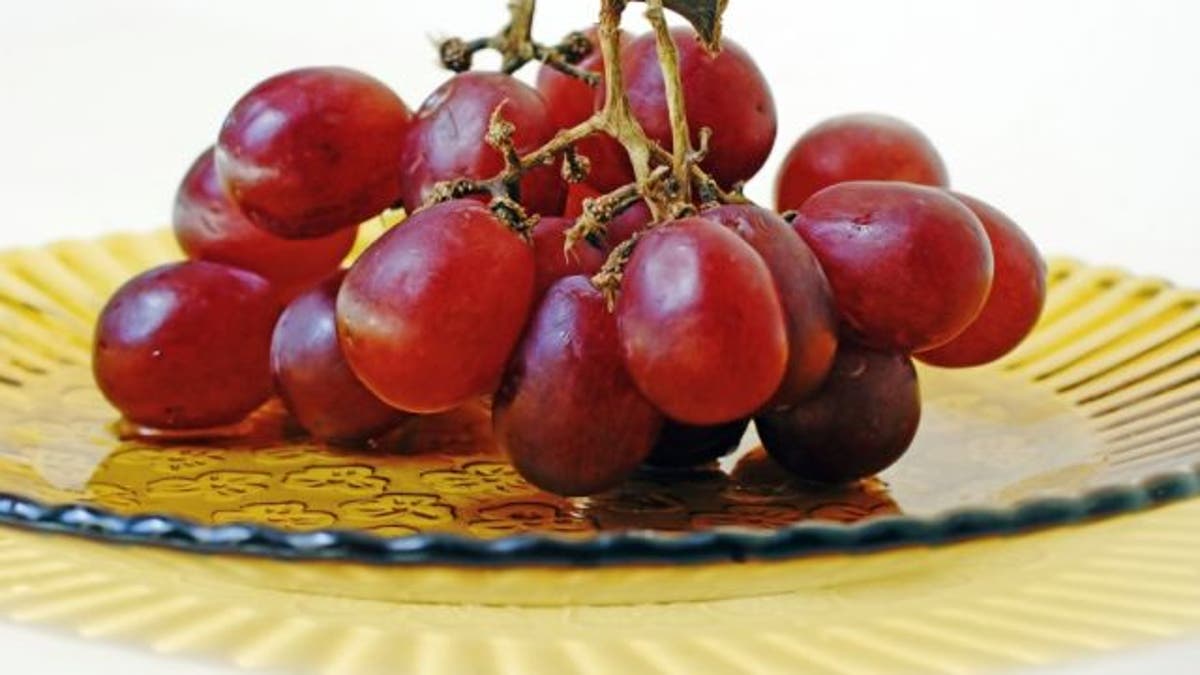
Certain foods have been shown to decrease heart disease risk by lowering LDL (bad) cholesterol levels and raising HDL (good) cholesterol. And while you probably know about the cholesterol-busting powers of fish, oatmeal, red wine, beans, and olive oil, if you’re looking for something new to keep you ticker healthy, here are six foods that might surprise you.
Indian Gooseberry
Indian gooseberry, also known as alma, is a round, green fruit that is sour, bitter, and quite fibrous. A tree that grows in India, the Middle East, and some southeast Asian countries, Indian gooseberry has been used in Ayurvedic medicine for thousands of years.
This fruit seems to work by reducing total cholesterol levels, including the fatty acids called triglycerides, without affecting levels of HDL (good) cholesterol. In addition, in a 12-week study published in the Journal of Medical Food, participants given an extract of Indian Gooseberry significantly reduced their LDL (bad) cholesterol levels. The fruit can be eaten fresh, as chutney added to steamed vegetables, or in powdered form added to a smoothie.
Barley
Many doctors and commercials have lauded the benefits of oatmeal to help lower blood cholesterol levels, but rarely do we hear about another heart-healthy grain called barley. Like oatmeal, barley is high in soluble fiber, the type of fiber that helps to reduce the amount of bad cholesterol in the blood. Barley is also extremely versatile so you’re not just limited to eating it at breakfast time.
Try a cold barley salad tossed with some olive oil, lemon juice, and fresh herbs for a tasty cholesterol-lowering lunch. Barley is also delicious in soups and can be eaten for breakfast with a splash of milk and honey as a nice change to oatmeal.
Avocado
One high-fat food you might want to include on your cholesterol-lowering menu is avocado. To see if there’s something special about avocados for your heart, researchers at Penn State University put participants on different diets where they controlled their fat intake—and one of those groups was given one avocado a day.
Even among groups that consumed the same amount of fat, the group that ate an avocado a day reduced their blood cholesterol levels more than the group who wasn’t eating avocado. Consider swapping avocado for mayonnaise on your sandwich, topping off your omelet with avocado slices, or making a guacamole to snack on with high-fiber crackers or sliced vegetables.
Strawberries
Possibly one of the sweetest things you can eat to improve your diet: strawberries. A study published in Journal Nutrition using freeze-dried strawberries stirred into a drink found that women who had the drink (equal to about three and a half cups of fresh strawberries) three times a week showed a significant reduction in cholesterol levels by week four of the study. While berry season is in the summer, frozen berries are picked at their peek of freshness and are an affordable substitute that can be enjoyed all year long.
Probiotics
Live microorganisms (naturally occurring bacteria in the gut) are called probiotics and these “good” bacteria are thought to have beneficial effects on gut health, and more recently cholesterol levels. A study published in the American Journal of Clinical Nutrition found that women who consumed a yogurt with probiotic properties showed a greater reduction in blood cholesterol levels than those who consumed a regular low fat yogurt over a 12-week period.
Another study published in Clinical Nutrition compared fermented milk with probiotics to fermented milk without probiotics and found a significant cholesterol reduction in participants after six weeks. Common sources of probiotics include yogurt, kefir, and fermented foods (such as sauerkraut, tempeh, and pickles).
Grapes
You’ve probably heard red wine is good for the heart, well how about grapes? The heart-healthy polyphenol found in red wine, resveratrol, is also found in grapes of all colors. In addition, fresh grapes provide other heart-protective nutrients including vitamin C, vitamin B6, potassium, and flavonoids.
Together these nutrients may promote healthy blood pressure, reduce LDL (bad) cholesterol, provide anti-inflammatory effects, and help your blood pump. One serving of grapes (3/4 cup) contains just 90 calories, no fat, no cholesterol and virtually no sodium. Enjoy them as a snack off the vine, or add them to your salad, smoothie, or wrap.